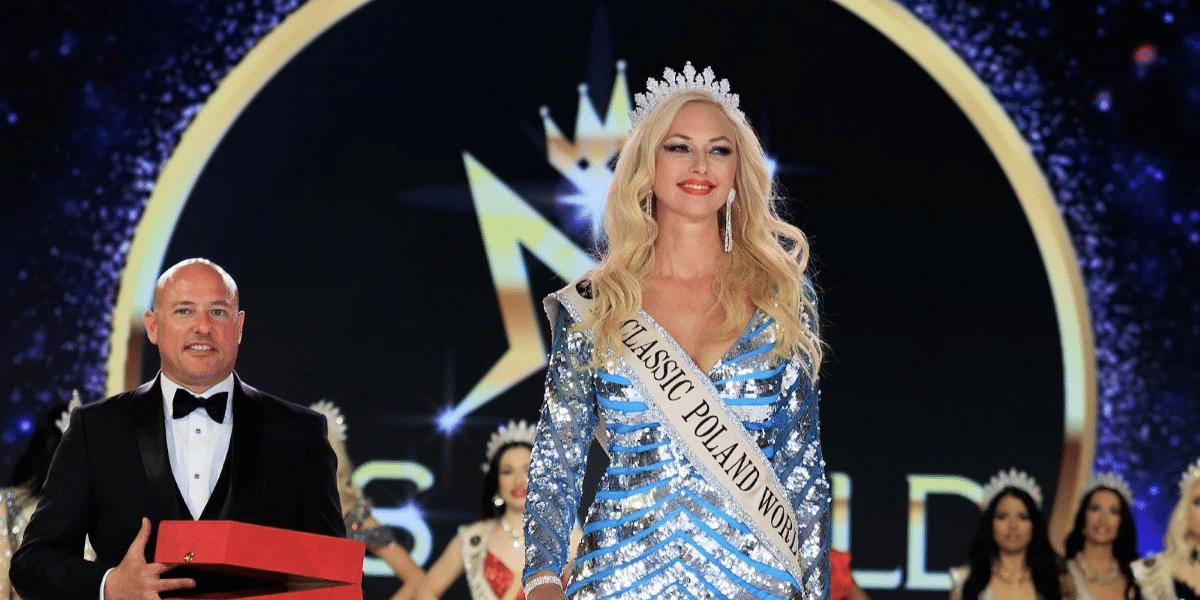As part of his 2024 campaign, Donald Trump’s agenda to strengthen family values includes a “baby bonus” initiative aimed at encouraging higher birthrates in the U.S. This proposal reflects concerns about the country’s declining birth rate, which has been a point of discussion in economic and social policy circles for years. Trump’s plan seeks to reverse this trend by providing financial incentives for families to have more children, with the goal of promoting family growth, ensuring a stable future workforce, and addressing long-term demographic challenges.
The Declining Birthrate in the U.S.
The U.S., like many other developed countries, has experienced a steady decline in birthrates over the past few decades. According to data from the Centers for Disease Control and Prevention (CDC), the U.S. birth rate reached its lowest point in more than a century in 2020, with only 56 births per 1,000 women aged 15-44. Economists and demographers warn that such a decline could have significant consequences, including shrinking the labor force, straining social safety nets like Social Security, and slowing overall economic growth.
Trump’s plan acknowledges these concerns and positions the baby bonus as a way to address this demographic challenge directly. By encouraging families to have more children, Trump aims to ensure that the U.S. population grows at a healthy rate, which is crucial for sustaining a vibrant economy and supporting an aging population.
The Baby Bonus Initiative
The baby bonus is designed as a financial incentive for families to expand. While the specific details of the program have yet to be fully outlined, the basic concept involves offering cash payments or tax credits to parents for each child they have. This approach is similar to pro-natalist policies implemented in other countries, such as Hungary, which offers generous financial incentives to families with three or more children, or France, where the government provides child allowances and tax benefits aimed at boosting fertility rates.
Trump’s plan draws on the idea that financial concerns are a significant barrier for many families when it comes to deciding whether or not to have more children. By providing a direct financial benefit, the baby bonus is intended to alleviate some of these economic pressures, making it easier for families to expand. The policy also aligns with Trump’s broader goal of promoting traditional family values and encouraging family stability.
Key Features of the Baby Bonus Proposal:
Direct Payments or Tax Credits: Families would receive financial support for each child they have, which could come in the form of direct cash payments or expanded tax credits.
Support for Family Growth: The policy aims to make it financially easier for couples to start or expand their families, addressing economic barriers to having more children.
Focus on Long-Term Demographics: By boosting birthrates, Trump seeks to ensure a more stable and growing population, which is seen as vital for economic and social stability in the long run.
Addressing Economic Concerns and Supporting Families
In addition to the baby bonus, Trump’s agenda for strengthening family values also includes policies designed to support families more broadly. These may involve expanding paid parental leave, improving access to affordable childcare, and increasing support for working parents. Such policies would complement the baby bonus initiative by creating a more family-friendly environment in the workplace and reducing the economic burden on parents.
By focusing on economic support for families, Trump’s plan aims to address some of the key issues that contribute to declining birthrates, including the rising costs of raising children, lack of affordable childcare, and work-life balance challenges. In doing so, he hopes to create conditions where more families feel confident about having children, knowing that they will have the financial resources and social support necessary to raise them.
Comparisons to Global Pro-Natalist Policies
Trump’s baby bonus initiative can be seen in the context of similar pro-natalist policies adopted by other countries facing declining birthrates. In countries like Hungary, France, and Russia, governments have introduced various financial incentives and family support programs to encourage citizens to have more children. Hungary, for example, offers significant tax breaks to mothers with large families, while France provides extensive social services, including paid parental leave and free childcare, aimed at supporting families.
These policies have had varying degrees of success in boosting birth rates, but they highlight a broader trend in which governments are increasingly taking steps to address demographic challenges through family-friendly policies. Trump’s proposal aligns with these efforts, positioning the U.S. as part of this global conversation on how to encourage family growth and counteract the long-term economic risks posed by declining populations.
Challenges and Criticisms
While the baby bonus and similar family-support policies are popular among some voters, they also face criticism. Some argue that financial incentives alone may not be sufficient to reverse the trend of declining birthrates, as other factors, such as career ambitions, personal preferences, and social dynamics, also play a significant role in family planning decisions.
Critics also point out that such policies could disproportionately benefit higher-income families who are already more likely to have children rather than addressing the needs of lower-income families who may face greater economic barriers to having children. Additionally, there is concern that a baby bonus policy could increase government spending, adding to the national debt without guaranteeing a significant impact on birthrates.
Key Challenges:
Effectiveness: Some question whether financial incentives are enough to reverse the declining birthrate trend, given the complex social and economic factors involved in family planning decisions.
Cost and Budget Concerns: Implementing a baby bonus could require significant government spending, raising concerns about the impact on the federal budget and national debt.
Equity Issues: Critics argue that such policies could disproportionately benefit wealthier families rather than provide sufficient support for lower-income families who may need more comprehensive economic assistance.
Conclusion
Donald Trump’s proposal to introduce a baby bonus as part of his broader effort to strengthen family values and address declining birth rates in the U.S. reflects his commitment to traditional family structures and economic growth. The plan aims to provide financial incentives for families to have more children, thereby ensuring a stable population and workforce in the coming decades. While the baby bonus initiative could alleviate some of the economic burdens associated with raising children, it faces challenges related to its overall effectiveness, cost, and potential equity issues.
As the 2024 election approaches, Trump’s family-oriented policies, including the baby bonus, will likely be a key part of his pitch to voters, particularly those concerned with issues of demographic decline and economic sustainability. Whether these policies can reverse the long-term trend of declining birthrates remains to be seen, but they represent a significant attempt to tackle one of the most pressing demographic issues facing the U.S. today.
Connect with Dr. Sarah Sun Liew
Direct: (424) 343 7025
Tel: (424) 777 6461
Website: www.sarahsenator.org info@drsarahliewforcongress.com
Facebook: www.facebook.com/sarahsun.liew\
Twitter: www.twitter.com/Sarahliew7
YouTube: www.youtube.com/@dr.sarahsunliewforcongress884
Instagram: www.instagram.com/drliewsenate/
LinkedIn: www.linkedin.com/in/dr-sarah-sun-liew-dba-ph-d-postdoctoral-phds-dr-sarah-sun-liew-for-u-s-senate-77642138/
Published by: Holy Minoza














